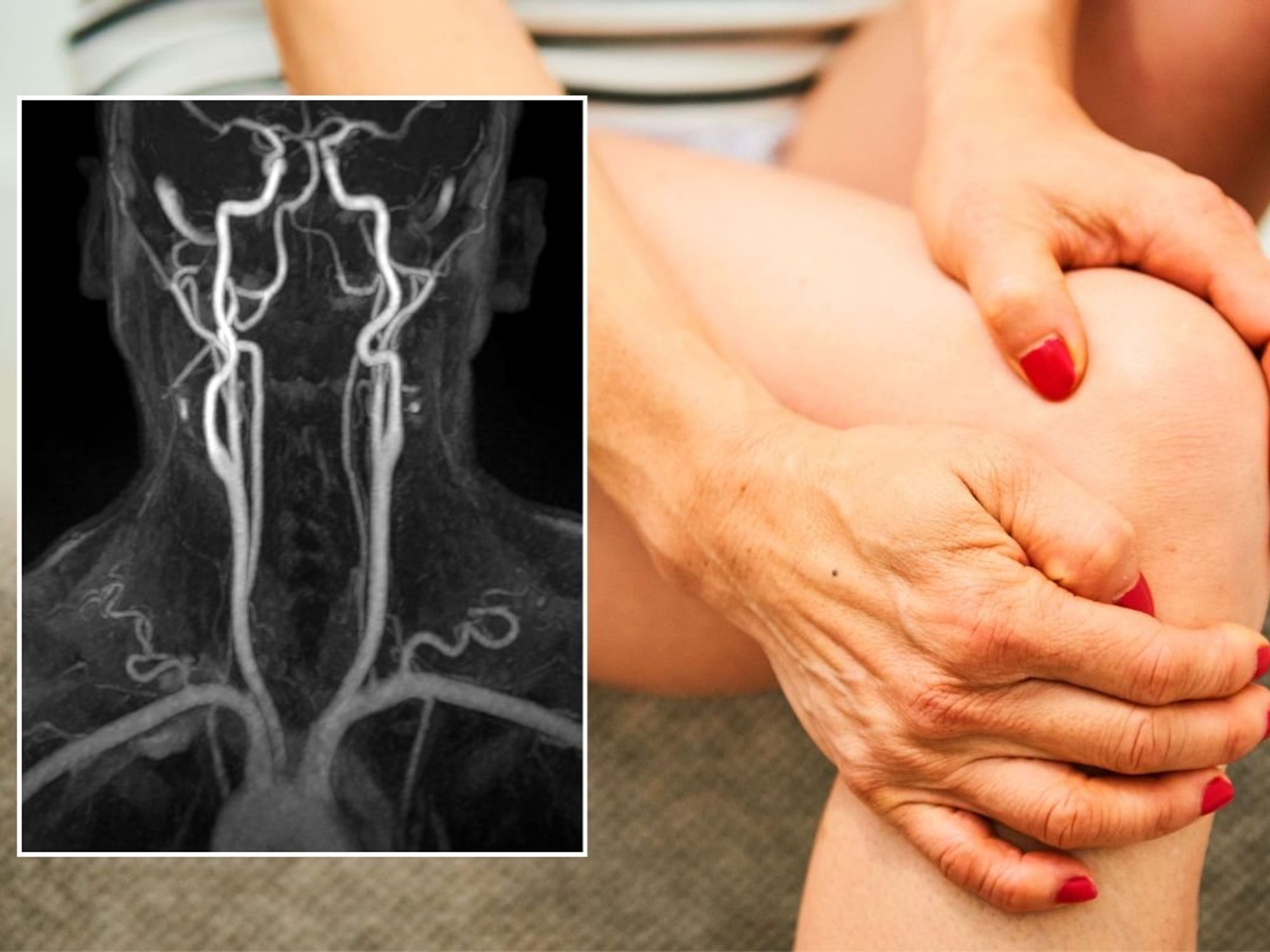GPs struggling to secure help for people suffering mental health crises, poll finds

The survey found around 38% of GP consultations now have a mental health element, compared with 25% pre-Covid.
Don't Miss
Most Read
Most GPs are working beyond their competence in dealing with mental health issues and are struggling to secure help, including for suicidal children, a new poll suggests.
The survey from Pulse, which specialises in primary care reporting, found around 38% of GP consultations now have a mental health element, compared with 25% pre-Covid.
Seven in 10 GPs said they were working beyond their competence in dealing with children’s mental health issues, while 63% said the same for adults.
Many were battling to get children seen by specialist Child and Adolescent Mental Health Services (CAMHS), with one GP based in south-east London saying: “I have not had a CAMHS referral accepted for at least the past two years – all rejected as ‘not actively suicidal, discharged to GP’.”
Another told Pulse: “CAMHS reject every single referral, even in children presenting to hospital with overdose.”
The Royal College of Psychiatrists responded to the poll, saying it was seeing record referrals and there were not enough psychiatrists for the workload.
Most GPs are working beyond their competence in dealing with mental health issues and are struggling to secure help, including for suicidal children, a new poll suggests.
Anthony Devlin
The Pulse snapshot poll of 569 family doctors found they many GPs were having to provide a range of support during their consultations with patients.
These included managing suicidal thoughts in adults (86% were providing this support), mental health crises (81%) and monitoring patients who should be monitored by a specialist team (70%).
Some 69% of GPs were diagnosing children and adolescents with mental health issues and 66% were dealing with suicidal thoughts in children.
The survey also found that 70% of doctors said their local NHS trust had raised the thresholds for adult mental health referrals during the pandemic – meaning it was harder for people to access the treatment they need.
Some 56% of GPs said their trust had been raising thresholds unofficially, while 14% said this had been done officially.
The numbers were similar for children’s services – 17% of GPs said their local trust had employed official policy to increase the thresholds for referrals, while 49% said this had been done unofficially.
Dr Paul Evans, chairman of Gateshead and South Tyneside local medical committee, which represents doctors, told Pulse there have been “absolutely loads” of situations over the last two years where secondary mental health services have tried to pass work over to GPs.
This includes requests to take on the prescribing of antipsychotics before a patient has been stabilised, to initiate patients on ADHD medication, perform weekly ECGs and bloods for eating disorders, and prescribe for and monitor patients with gender dysphoria, he said.
Dr Dave Triska, a GP in Surrey, told Pulse he is managing crisis situations in primary care “all the time” and is struggling to get patients seen by secondary care services.
Earlier this year, he was unable to get a patient with psychosis seen by the emergency team.
“The end of the journey for them was being sectioned for something that was preventable, but the service wasn’t there,” he told Pulse.
The survey found around 38% of GP consultations now have a mental health element, compared with 25% pre-Covid.
Kirsty O'Connor
The survey also revealed that the waiting times for some specialist services – such as ADHD and autism assessments for adults and children – are exceeding 18 months.
Dr Adrian James, president of the Royal College of Psychiatrists, said: “The pandemic has had an enormous impact on people’s mental health, with children and young people particularly affected.
“As a result, we’ve seen a significant increase in demand on mental health services, with a record 4.3 million referrals for treatment during 2021.
“There are currently not enough psychiatrists to meet the demand on mental health services, and that gap is growing.
“Workforce shortages have an enormous impact on waiting times and undermine the quality of care that patients deserve. GPs are a valuable first point of contact for mental health needs, but they should not be expected to the plug the gaps in access to specialist care.
“The Government must urgently increase investment in mental health services and take seriously future workforce planning, to alleviate the current pressures impacting both patients and practitioners.”
A Department of Health and Social Care spokesperson said: “Improving access to mental health care is a top priority and we are investing an additional £2.3 billion a year into services by 2023/24.
“This will help 370,000 adults and older adults with severe mental illnesses have greater choice and control over their care, and 345,000 more children and young people access specialist NHS-funded mental health care if they need it.
“We are asking members of the public – including those with experience of mental ill health – for their views to inform a new 10-year mental health plan.”













